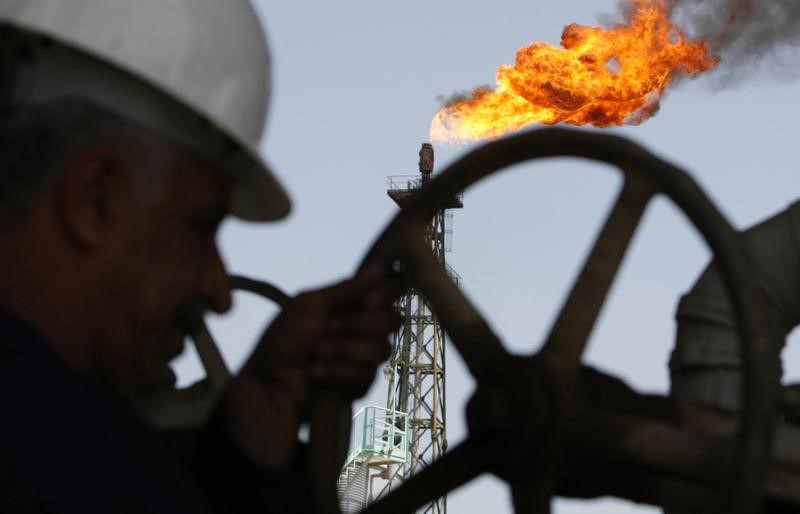By Geoffrey Smith
Investing.com -- Crude oil prices fell on Friday on a newswire report indicating that the world's biggest exporters are afraid that the Covid-19 pandemic will cause the global market to slip into surplus again next year.
By 10:45 AM ET (1445 GMT), U.S. crude futures were down 0.6% at $40.70 a barrel, while the international benchmark Brent contract was down 0.7% at $42.84 a barrel. While crude is on course for a losing week, it has still defended most of the 10% rise it notched last week on the back of extreme weather and a Norwegian strike.
Earlier, Reuters had reported that the OPEC+ bloc of producers - whose technical experts met in Vienna on Thursday to discuss the state of the global oil market - fear that a fresh wave of the pandemic will hit demand and end the slow process of rebalancing that has been in progress since the summer.
Global oil inventories, which ballooned in the second quarter as fuel demand collapsed, are currently falling at a clip of around 3 million barrels a day, Gunvor chief executive Torbjorn Tornqvist told Bloomberg in an interview published on Thursday. U.S. inventories have fallen in all but two of the last 12 weeks, and last week's fall of 3.8 million barrels was considerably sharper than the market had expected.
The intention of the OPEC+ bloc, which includes producers such as Russia, is to start raising output again as inventories approach their historical norms. Their current deal on output restraint foresees them raising production by nearly two million barrels a day at the start of next year, on the assumption that inventories continue to fall.
Reuters noted that it's only the worst-case scenario considered by OPEC+'s experts on Thursday that foresees the supply/demand balance falling back into a surplus. Even so, that's gloomier than any of the scenarios they entertained a month earlier.
For the most part, that reflects the sharp deterioration in the situation in Europe in recent weeks, where countries have had to tighten restrictions on the hospitality industry in particular to stop a rapidly-building second wave of coronavirus infections. The virus is also surging again in most of the U.S. as the winter flu season sets in.
Another factor complicating the supply picture is the return of Libyan production after months of disruption from civil war. The north African country, which is an OPEC member but which isn't covered by the output restraint deal, is now producing some 500,000 barrels a day and some forecasts say it could rise to 700,000 b/d or more by year end.
